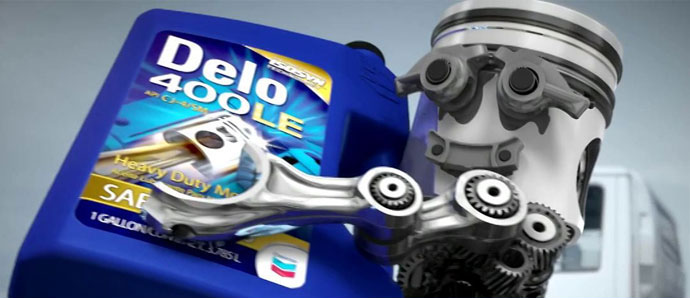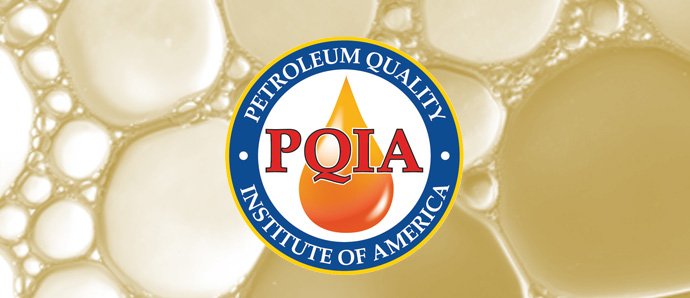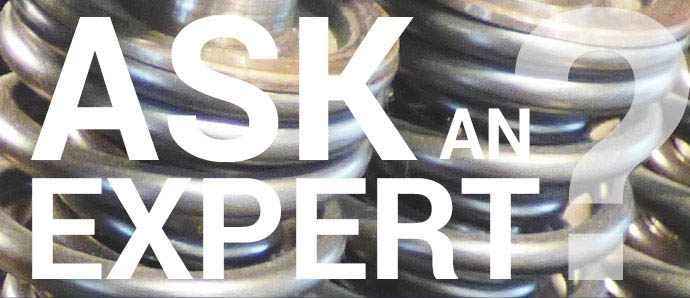
Ocean Blue DEF Storage and Handling Guide
The production, handling, and transportation of Ocean Blue Diesel Exhaust Fluid (DEF) are governed by the ISO 22241 standard.
- Ocean Blue Diesel Exhaust Fluid (DEF) is a colorless, non-hazardous, and non-flammable chemical. If DEF comes into contact with skin it can simply be washed off with water.
- DEF is sensitive to chemical impurities and it is essential that it is handled carefully to prevent contamination. DEF is much more likely to be damaged by the materials it touches than to cause damage to equipment.
- If DEF is contaminated it may cause the SCR system to malfunction. This means pumps and containers used for DEF must not be used for any other fluids. It is important that tanks, pumps, hoses, and nozzles previously used for other products like diesel or lube oil are not used for DEF.
- The requirements for handling DEF are unique. It must not be exposed to contaminants like dust, dirt, or other chemicals like window wash or diesel fuel. Be sure to carefully inspect caps on storage tanks to make sure they are free of dust dirt, debris or water before removing to introduce DEF into a tank onboard a truck or piece of equipment.
- The shelf life of DEF is two years if the fluid temperature remains between 12°F (-10°C) and 86°F (30°C). Less than optimum conditions can lower the shelf life to one year or less. API recommends that you do not store DEF for too long in your truck once you purchase it, especially if the storage area in the vehicle is routinely hotter than the recommended storage temperatures of 86°F.
- Where DEF is stored outside in bulk tanks or totes then heating and cooling solutions are available to ensure it is kept within the correct temperature range. Cooling is usually achieved by insulation and ventilation. Air conditioning is not required. Please contact a Domestic Fuels and Lubes representative for suggestions and options available for outdoor storage of Ocean Blue DEF.
- Certain stainless steels and various plastic materials are suitable for storing DEF. Carbon steels, copper, copper-containing alloys, and zinc-coated steels should not be used.
- Bulk storage tanks should be dedicated to DEF. Do not switch products in the bulk tank without thoroughly rinsing the tank with distilled or deionized water, or on-spec DEF.
- A closed-loop system for transferring DEF from a drum or bulk tank is recommended to prevent contaminants from getting into the DEF. This is particularly important in a shop or construction site that has dust or dirt in the air. One teaspoon of dirt can contaminate a 275-gallon tote of DEF. This is the most common cause of SCR system failures!
- Use dedicated equipment for dispensing DEF. Do not use funnels, pitchers, hoses, etc. that are used for other fluids when putting DEF in a tank.
- Anything used for dispensing DEF should be cleaned with distilled or deionized water and followed by a DEF rinse. Don't use tap water for cleaning. Ask your Domestic Fuels representative for assistance with distilled water for rinsing DEF dispensing equipment.









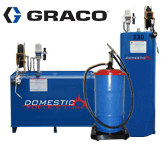


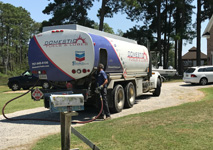

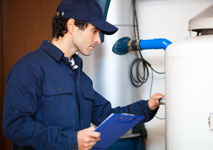

 Chevron
Chevron
 Sunoco
Sunoco
